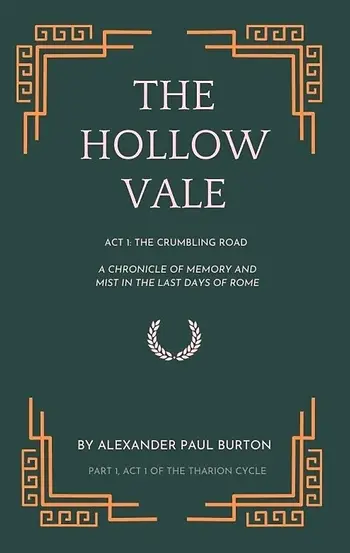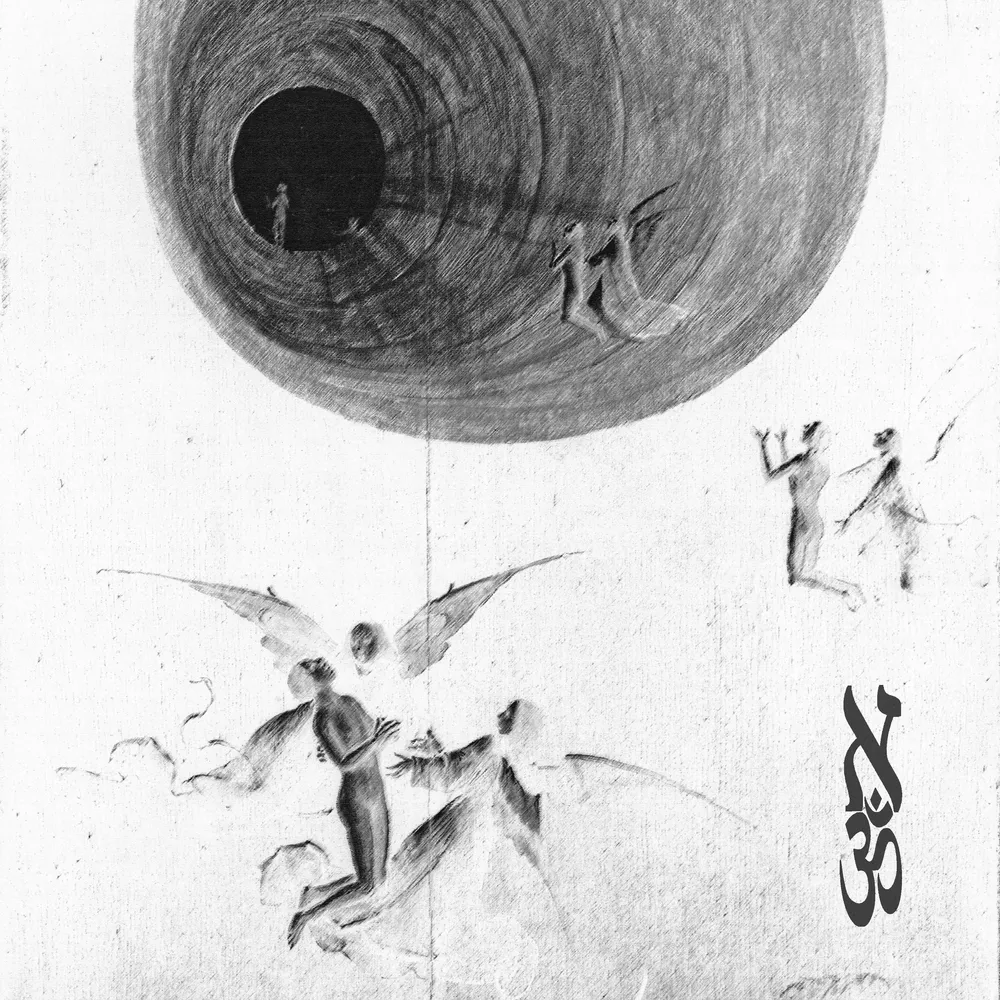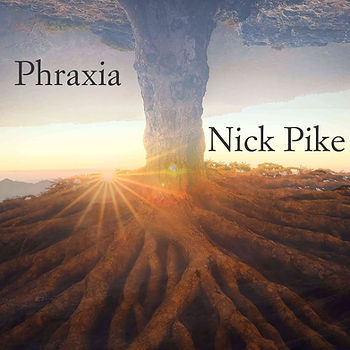
“Post Scriptum De Caelwyn et Campana” is more than just an instrumental piece—it’s a quiet revelation, a musical epilogue steeped in the mythos of Alexander Paul Burton’s fantasy novel The Hollow Vale. Though it is, at its core, a solo piano work, it manages to sound like much more. The piano becomes a storyteller here, an ancient voice whispering through melody and texture. Burton, primarily a pianist since the age of fifteen, steps into the role of a sonic world-builder with this piece, intertwining music and literature in a way that’s deeply intimate yet rich with narrative scope.
The composition opens with a soft arpeggiated pattern in the left hand, minimalist in approach, but emotionally resonant. This repetitive, gentle motion becomes the heartbeat of the piece, grounding the listener as the right hand introduces a fragile, melodic line. The piano timbre itself is striking—this is not a pristine, concert-hall grand piano, but something rawer, more tactile. You can hear the hammers, feel the wood and metal; the instrument feels stripped down, almost ancient, as though it were pulled straight from the world of the book. It doesn’t speak with classical clarity, but with the breath of something lived-in and human.
What makes this piece especially haunting is the subtle production. Toward the end, the melody begins to dissolve, and a soft pad—reminiscent of white noise or wind through trees—rises gently to the foreground. It’s as though the story itself is dissolving into memory, fading into the mists that the album’s title so evocatively references.
Placed as the 14th track on The Hollow Vale Act II: Through Mist and Memory, this piece acts as a postscript, both literally and thematically. It reflects on the journey of Caelwyn, a pivotal figure in the novel, and her mystical bond with the Bell—Campana—a symbol of memory, sacrifice, and legacy. Burton’s composition doesn’t just accompany the novel; it completes it. It invites the listener to pause, reflect, and perhaps even mourn, while planting the seeds for the next chapter.
#AlexanderPaulBurton #TheHollowVale #FantasySoundtrack #InstrumentalMusic #PianoComposition #BookSoundtrack #ModernClassical #CinematicMusic #EpicFantasy #FantasyNovel #MusicAndStory #SoundtrackArt #FolkInspired #AmbientPiano #CaelwynAndCampana #FantasyWorldbuilding #IndieComposer #NovelInspiredMusic







